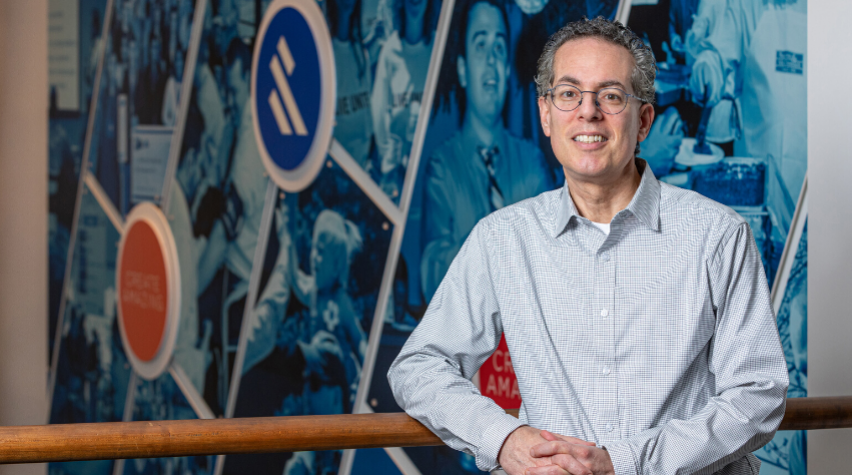
Welcome to the latest in a series of AIChE blog posts profiling process engineers, a diverse group of professionals spanning multiple industries and regions. In this series, we profile process engineers who work in fields as diverse as petrochemicals, pharma, bulk chemicals, food, and any process-intensive industry.
Are you a member and process engineer interested in being profiled? We'd love to hear from you via this volunteer opportunity. Please also check out our online discussion group specifically for process engineers. You can find out about these initiatives and join our efforts by visiting https://www.aiche.org/processengineering.
This month, we introduce you to Bill Celenza, an environmental process design engineer at Burns & McDonnell. He discusses the importance of water resources to the chemical process industry, career challenges, and the importance of his role.
Tell us a bit about your work as a process engineer.
Currently, I work as an environmental process design engineer at Burns & McDonnell, a full-service construction, engineering and architecture firm with a strong presence in Chicago. In this role, I focus on industrial water supply and wastewater treatment systems and design-build projects.
Burns & McDonnell has supported infrastructure projects across the U.S. for more than 120 years with a deep understanding of how to deliver safe, reliable, and efficient water systems to meet ever-changing needs. It’s interesting and exciting to be a part of such a diverse, knowledgeable team, which allows me to build upon my environmental systems design background through managing and developing water resources for industry.
The growing importance of water resources to the chemical process industry has also provided opportunities to develop innovative sourcing and reuse solutions while supporting environmental sustainability.
Why did you become a process engineer?
I’ve had an interest in science from an early age. As I explored opportunities in various science, technology, engineering and math fields, I became intrigued with applying science to solve environmental challenges.
Specifically, my interest in chemistry and biology led me to choose chemical engineering as a major. I liked that the chemical engineering discipline included the study of process operations used in the application of environmental engineering.
I have found that good communication requires preparation and clear thinking. Understanding all parts of a project cycle can better prepare process engineers for their specific design role and aid with communication, as it provides a more holistic view of a project.
What are some of the biggest challenges you face in your role as a process engineer?
Early in my career, a few of the biggest challenges I faced were seeking out experienced engineers to be mentors, and finding opportunities to participate in challenging projects. I didn’t confirm my choice to focus on environmental systems design engineering until after I gained a “critical mass” of experience. Afterwards, I decided to concentrate on industrial water systems.
An ongoing challenge for me has been communicating the process engineering function. Interpreting and sharing the results of process design work tasks to non-process engineers — such as mass balance and equipment sizing calculations and flow diagrams — is something many process engineers often struggle with. In the design-build world, communication is key when participating in project groups and report writing.
I have found that good communication requires preparation and clear thinking. Understanding all parts of a project cycle can better prepare process engineers for their specific design role and aid with communication, as it provides a more holistic view of a project.
How is your work as a process engineer critical to your particular job assignment or industry?
Process design engineers think in terms of systems comprising distinct unit operations. They also offer unique perspectives when on a design-build project team. Early development on a design-build project relies heavily on process design engineers for scope definition, as well as developing and evaluating solutions.
What do you think is most important about what you do as a process engineer?
One of the most important aspects of my practice as a process engineer is to develop information to support the work of other engineering disciplines and project managers. Anticipating and understanding the group dynamics of team engineering enables a process engineer to better contribute.
The role of the process design engineer also includes maintaining a focus on the larger picture of evaluating solutions to better the health and safety of the communities we serve. This includes addressing environmental impacts.
Connect with Bill on AIChE Engage
Join the Community of Process Engineers
The Community of Process Engineers is brought to you by Scott & Karen Love. Their support enables the AIChE Foundation to advance process engineers at every stage of their career allowing them to Do a World of Good.
AIChE Foundation – Doing a World of Good Campaign



